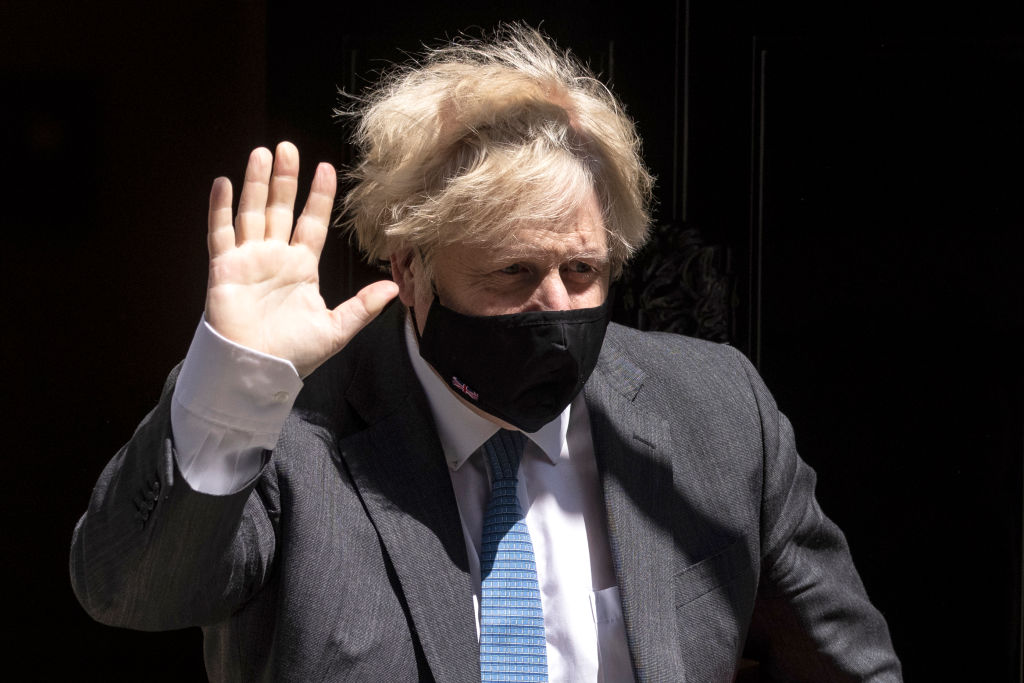The Tories have a pension problem – and it’s not strictly financial. Over the coming weeks, the cost of pension promises is likely to be in the spotlight. The pensions ‘triple lock’, which the Prime Minister reportedly refuses to scrap, means that the state pension is upgraded each year in line with average earnings, the Consumer Price Index or by 2.5 per cent – whichever is higher.
This year, it’s likely that earnings will be the highest of these figures by a long way. Here we encounter a problem: the triple lock was not designed with a pandemic in mind. The crazy world of ‘Coronomics‘ has led to the biggest recession in 300 years, yet average wages increased quite dramatically; they are currently up 5.6 per cent on the year.
This is good news on the face of it, but it’s not all rosy. The mass-loss of low-paid jobs, often held by young people working in services sectors, has played a big role in that average boost; rather than being a reflection of pay increases, it’s a reflection of the economic pain felt acutely across the UK.
The pandemic has made the triple lock’s pitfalls glaringly obvious
This makes for an uncomfortable reality of the triple lock: if this wage trend continues, pensioners are going to get a big boost to their income, because so many young people lost their jobs.
‘If the loss of jobs among the low paid led to an extraordinary rise in pensions, that would be an absurd injustice, which Conservatives should be ashamed of,’ says Conservative MP Steve Baker.
As I said in the Daily Telegraph this week, this is going to cause a headache for the Tories in coming months, not just because of the practical implications for the triple lock, but because it highlights again the big question facing this Conservative government: are they still interested in fiscal responsibility?
The triple lock was controversial long before the pandemic struck. It is a policy designed to make sure pensioners’ purchasing power was protected. In reality, though, it has become a subsidy for those in retirement. While pensioners have done well out of the arrangement, workers – who spent the decade after the financial crash suffering from stagnant wages and increasingly insecure work – have paid the price.
This problem was already clear. Now the pandemic has made the triple lock’s pitfalls glaringly obvious. It seems like a good time for a showdown then; an overdue opportunity for the Tories to reconsider their promise to pensioners.
But it appears the Prime Minister doesn’t see things that way.
Boris Johnson wants to avoid being accused of ‘austerity’. As a result, the PM is putting pension reform on hold. Instead, far more troubling ideas are being touted, including a reduction on the lifetime allowance, which could penalise people who invest early and often in their future retirement.
Another idea under consideration is an additional tax on employer contributions, which does not add up with the government’s aim of getting the furloughed and unemployed back to work.
If Boris Johnson won’t touch pension reform now, it’s difficult to see when a Tory government ever would. Pension reform might be something of a dry topic, but it has come to represent something far bigger: mainly this government’s attitude towards the public finances.







Comments